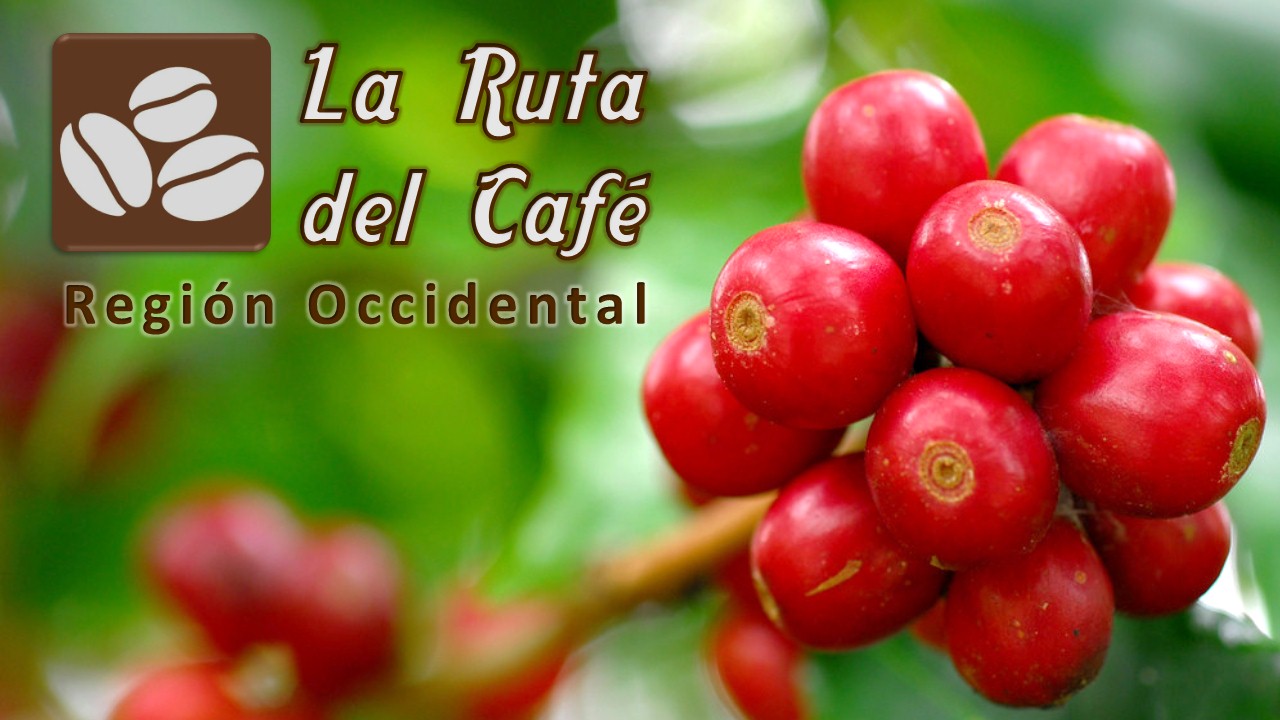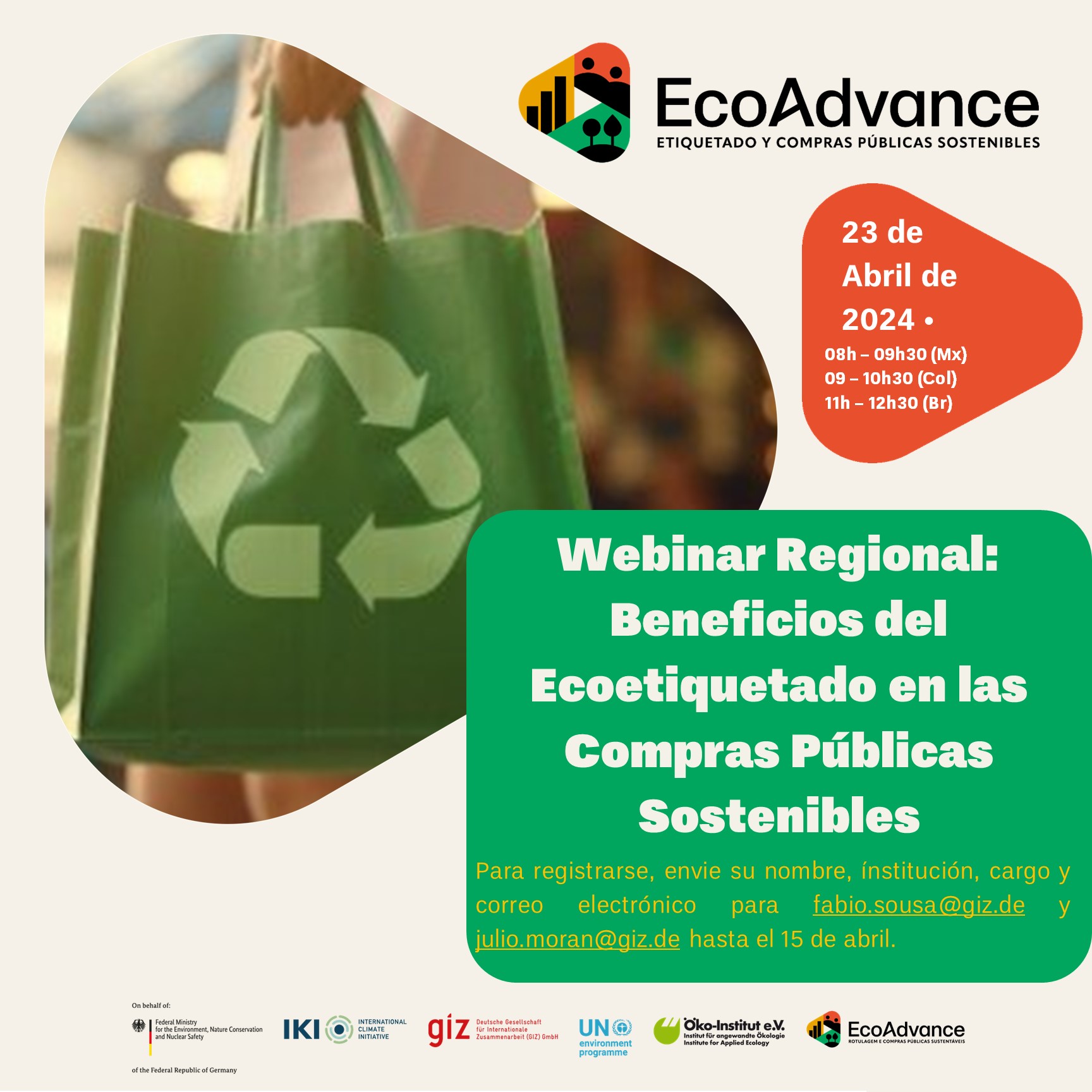La Ruta del Café de Costa Rica
Our goal is to make coffee production a driver of alternative ecotourism development, in an inclusive and accessible way, sustainable and friendly with the environment, with benefits to the local communities of this region.
La Ruta del Café de Costa Rica (Región Occidental) is a recognition to local people committed for keeping the cultural and historical richness. Good agricultural practices are also constant in the farms and the communities in harmony with nature.
Vision:
To develop the region's growth in an inclusive, accessible and diverse way, with the joint effort of micro entrepreneurs and communities, coordinated by local and international authorities.
Main Goal
Our objective is to make coffee an alternative ecotourism development promoter, in an inclusive, accessible and diverse way, sustainable with the environment, for the benefit of the communities in the region.
Specific Objectives
Objective #1:
Training the population of the region to improve their competitiveness, supporting entrepreneurship, empowerment and land tenure.
Objective #2:
Creating a strategic plan to generate sustainable activities that add value to the region's alternative ecotourism development.
Objective #3:
Develop and design a road map for its promotion and growth, promoting measures of articulation between different actors involved. • Working with communities: integrating community perspectives into the policies surrounding the sector, establishing the integral development of the entire population, in the same conditions of quality, opportunity, rights and duties, as the rest of the population.
• Building local capacity: capacities for the villagers, in an inclusive way for all people, so that they can provide value added services, thus improving the economy of local communities.
• Designing a development plan: creating the alternative ecotourism circuit, in an integral way; with the joint responsibility of local communities for the execution of said plan; giving importance to the empowerment of women, land tenure by local populations, in an inclusive and accessible way, taking a long-term vision and investing for the future.
• Areas of special economic development: creation of areas to encourage new productive activities that generate new jobs, specialized activities, such as an organic production area, areas of cultural and artistic activities, areas associated with gastronomy and industry feeding.
• Keeping authenticity: new destinations open to tourists, it is necessary to offer attractive services in a sustainable way with the development objectives, conserving a local context in the three areas to be developed: culture, adventure and well-being.
• Sustainable development: taking into account the different realities, capacities and levels of development of the communities, respecting their policies and priorities, giving precedence to the most lagging, in these three aspects: economic, social and environmental.
• Permaculture: through an optimistic way of looking at life with resilience, it is a design system for the creation of sustainable environments, not only for permanent agriculture but also for permanent culture, because cultures can’t survive for long without a sustainable agriculture and ethic of land use.
This initiative cooperates in the work done previously by the local governments, so it is also perceived as a necessity in the communities of the region to implement and participate in a set of productive activities that promote sustainable development, becoming known by means of using technology and access to training.
This project is based on the World Tourism Organization's Code of Ethics for Tourism and the Sustainable Development Goals of the Agenda 2030. Direct beneficiaries:
250 families dedicated to coffee production and activities related to alternative rural ecotourism in the communities of: San Ramón, Palmares, Athens, Greece, Sarchi, Naranjo and Alajuela.
• Agriculture: ecologic coffee producers and other sustainable agricultural activities.
• Adventure: people dedicated to alternative rural ecotourism, natural sites or interest for their activities.
• Wellness: people dedicated to providing food services, lodging, therapeutic massages, alternative natural medicine, spa, yoga, meditation, among other activities.
• Culture: people who provide services related to alternative rural ecotourism, innovation industries, and gastronomic experiences, natural, cultural and historical heritage.
Indirect beneficiaries:
300,000 people from the Western Region of Alajuela Province.
In the long term, this project can have an impact on improving the national development index, increasing levels of health, education, employment and reducing insecurity, as well as other social problems that affect the region today:
• Development of tourism
• Strengthen the organization of communities
• Link the ecotourism offer with national and foreign tourists
• Design of a strategic plan to generate productive employment
Expected results:
• Inclusive and sustainable economic growth: creating sustainable jobs through community organization and local entrepreneurs.
• Social inclusion, employment and poverty reduction: strengthening family and community entrepreneurship, increasing social development rates in the region.
• Resource efficiency, environmental protection and climate change: commitment to a more sustainable future, heritage conservation, wildlife, the environment and the fight against climate change.
• Cultural values, diversity and heritage: revitalize cultural activities and local traditions, historical heritage and natural wealth of the region, promoting cultural diversity. The development of the ecotourism attractions and innovative alternative services contribute to the goals established for the Sustainable Development Goals, as new opportunities are generated, it has a direct impact on the social development of the communities involved.
This initiative is also based on the World Tourism Organization's Code of Ethics for Tourism, which is a fundamental reference for responsible and sustainable tourism, linked to economic prosperity, job creation and resource growth for environmental protection, this global set of principles were designed to guide tourism development, and is equally aimed to governments, tourism companies, destinations, local communities and responsible tourists for a sustainable tourism industry.
As one of the largest socio-economic sectors in Costa Rica, sustainable tourism can stimulate economic growth, create decent work and entrepreneurial opportunities, and help thousands of people out of poverty and improve their livelihoods.
Following appropriate policies, it can contribute to gender equality, conservation of ecosystems and biodiversity, protection of the natural and cultural heritage, and offer solutions to many other pressing challenges in the region.
Likewise, inclusive and participatory tourism can stimulate dialogue, foster mutual understanding and support efforts to build a culture of peace.
External source(s)
Image

La Ruta del Café - Costa Rica
Project start date
27/09/2017
Project end date
31/12/2020


